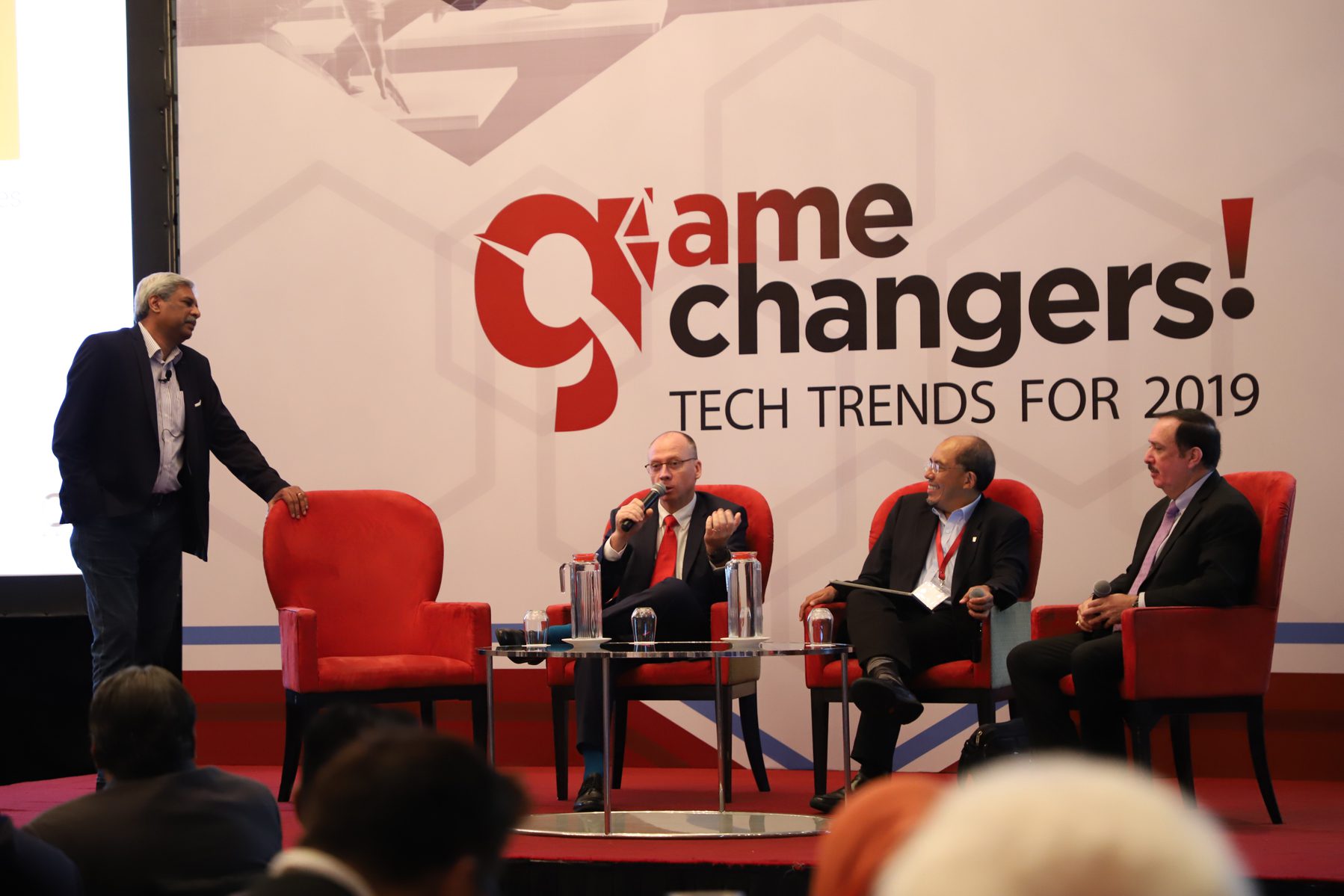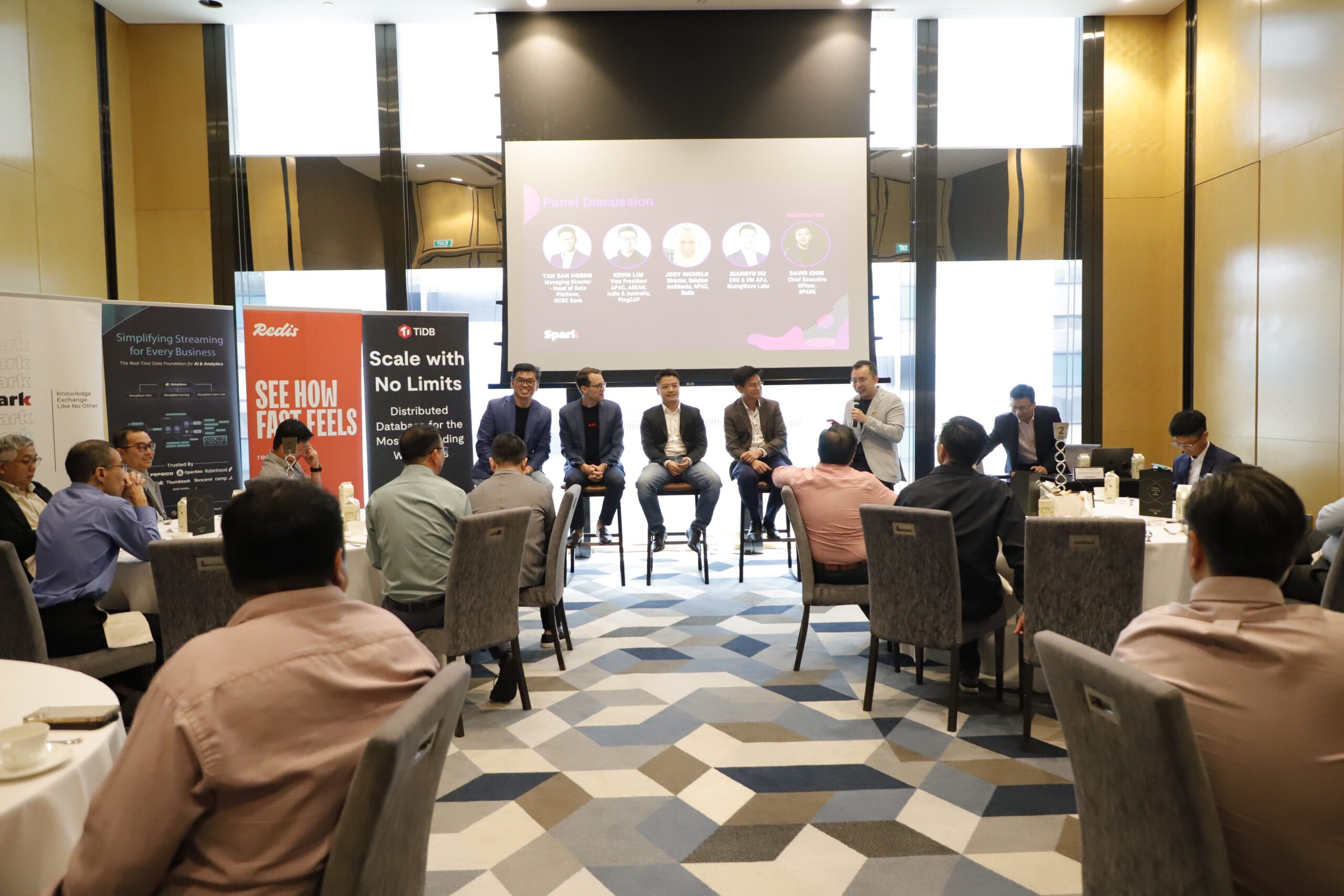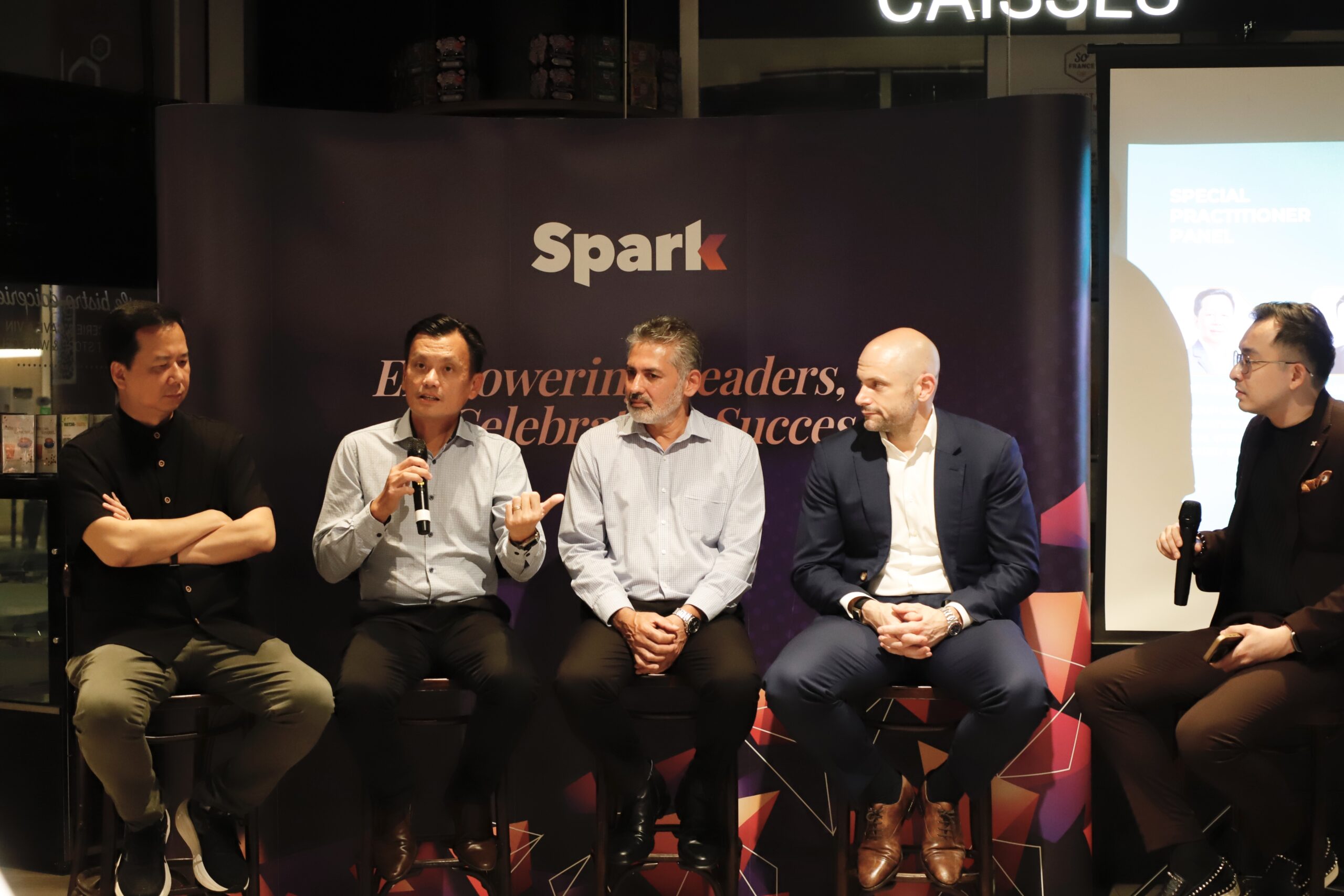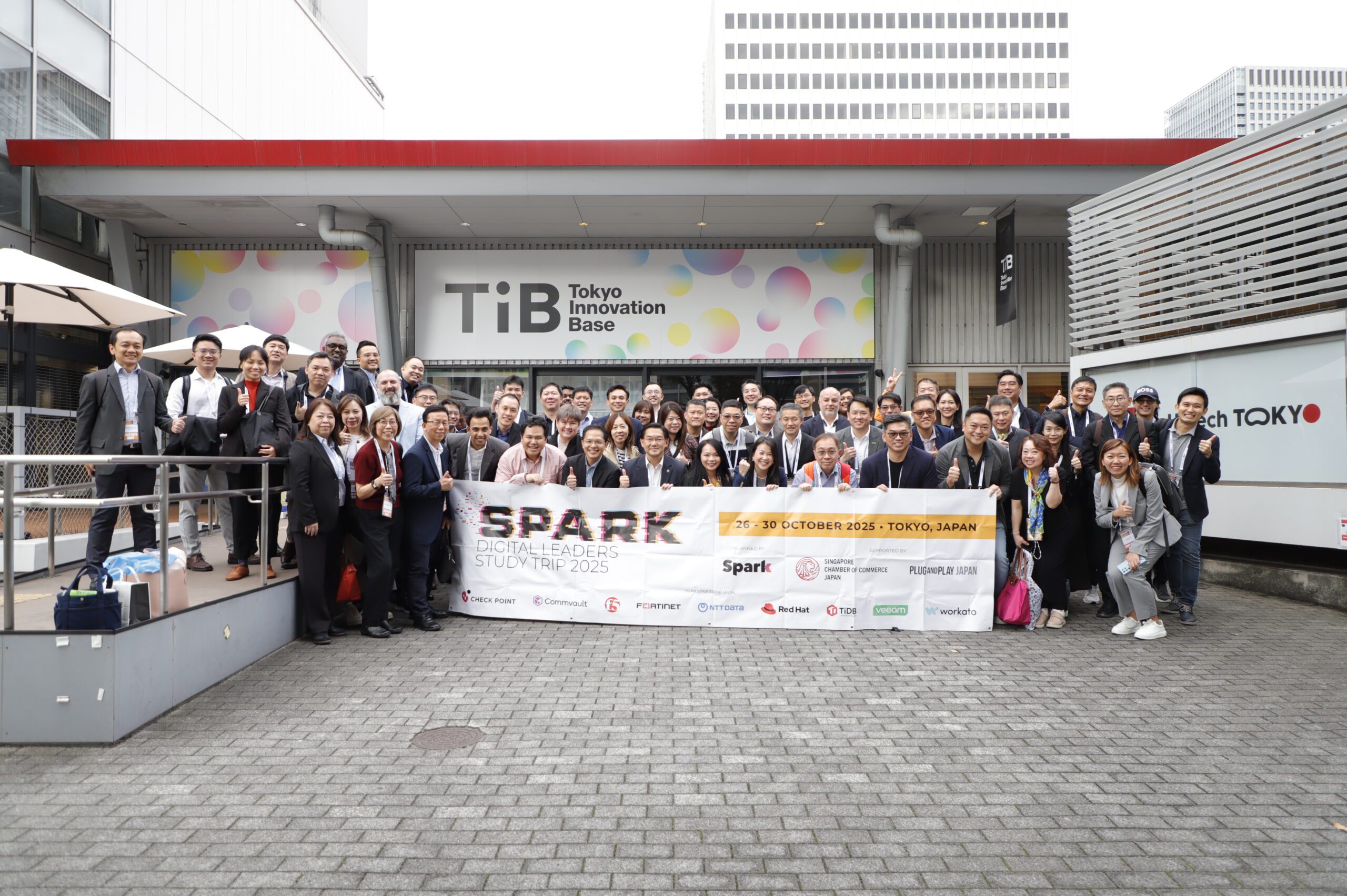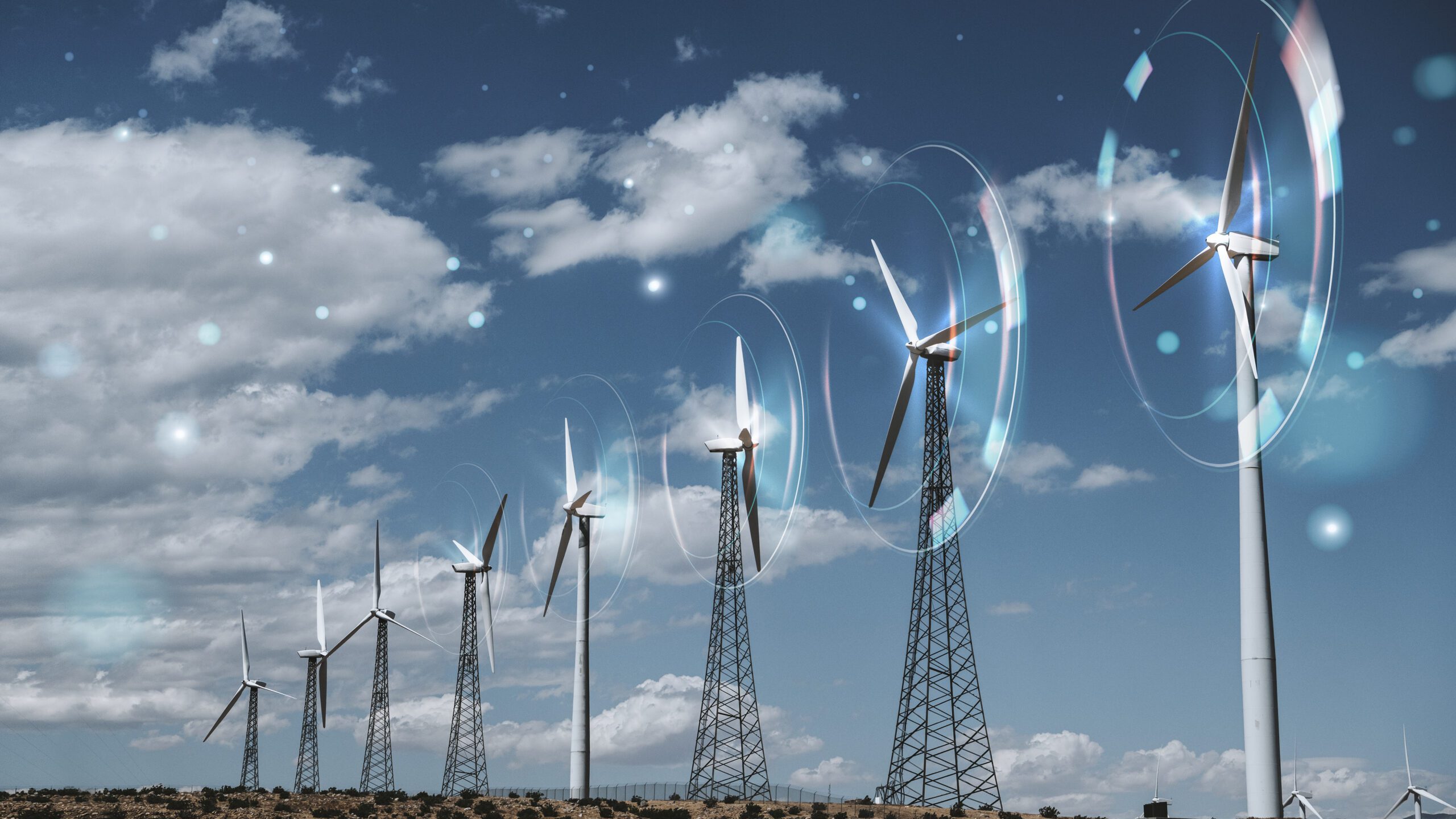This article was published in BUSINESS TODAY MALAYSIA, FEBRUARY 22ND 2019.
SAP Malaysia today encouraged local organisations to transform into ‘Intelligent Enterprises’ if they are to realise sustainable success in today’s Experience Economy.
Its Managing Director Duncan Williamson said that, throughout the decades, business fundamentals have not changed – but customer expectations have.
“If you look at the economy today, people want it now, they want it the way they want it, and they want it immediately. We talk about individualisation because people today are more discerning and would rather customise things to their taste and liking,” said Williamson.
“Hence, it’s about being able to look at patterns and connect the dots. Expectations have changed in terms of the timeline, and quality of what is needed for delivery has changed. Something that could be delivered in a week’s time before is no longer acceptable. People just want it faster.
“To be able to respond quickly to such demands, it is critical for organisations to similarly transform themselves into Intelligent Enterprises for greater speed and agility,” he added.
Williamson was speaking at a panel discussion in conjunction with the “Gamechangers: Tech Trends for 2019” conference held in Kuala Lumpur yesterday. The conference was organised by CIO Academy Asia.
Also present at the panel were CIO Academy Asia CEO P.Ramakrishna, Microsoft Malaysia National Technology Officer Dr Dzahar Mansor and Nutanix Chief Evangelist (Asia-Pacific and Japan) Paul Serrano.
SAP’s strategy is for organisations to transform into Intelligent Enterprises so that they “consistently remain ahead of the curve”.
“An Intelligent Enterprise comes from a position of strength whereby it is able to reimagine the business to generate new markets and revenue streams. It is about maximising the value of an enterprise’s data assets, and turn the data into precious insights that is able to empower employees to operate with increased visibility, focus and agility,” said Williamson.
“This is because customer experience is the key differentiator for sustainable success,” he emphasised.
“These days, a lot of data is from outside the organisation – such as social media – and transactions running through the business. “This is called Operational Data.”
“Just as important is Experience Data. It’s about gleaming insights from data and how long companies take to react. From a customer, employee or vendor perspective, what’s most important is the experience: How do we combine the information to experience with Operational Data and react?
“So, if our customer has a good or bad experience, we need to capture that moment, combine it with Operational Data, to make a decision. Latest technologies – such as Machine Learning and Artificial Intelligence – are there to assist organisations with speed.”
Williamson concluded by saying that SAP believes that the next evolution of enterprise applications has already begun with a real-time connection between the system of action and the system of record.
“Organisations today need both trajectories to form personalised and deep relationships with customers,” he said.
Original article can be found here.

